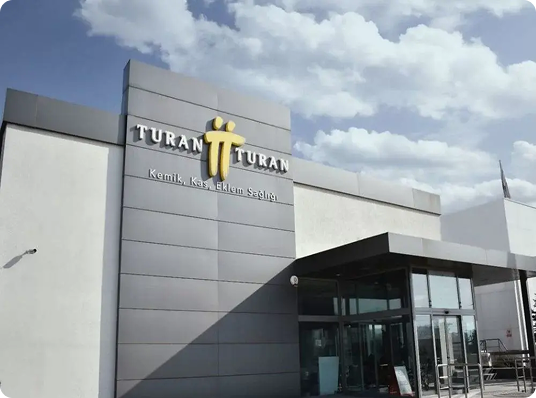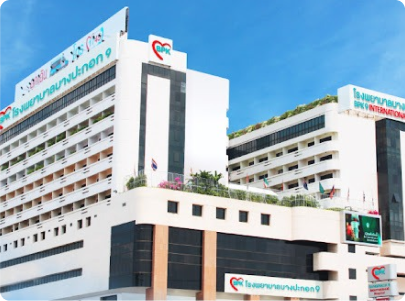Pediatric Hernias
Through the application of Pediatric Hernias, healthcare providers are able to address complex medical conditions with precision, utilizing the latest advancements in technology and evidence-based practices.
Get Expert Consultation
Speak with our medical travel experts to get personalized guidance for your procedure
✓ No commitment required • ✓ Expert guidance • ✓ Free consultation

Book Your Free Medical Consultation
Get expert advice—free and easy. Just fill out the form to start your health journey!
Key-Insights for
Pediatric Hernias
Procedure Time
typically takes 30-60 minutes to complete
Recovery Period
usually returns to normal activities within a few hours
Expected Results
improved digestive health, reduced risk of complications
Ideal Candidates
infants, children, and toddlers with small hernias
Pediatric Hernias
Through the application of Pediatric Hernias, healthcare providers are able to address complex medical conditions with precision, utilizing the latest advancements in technology and evidence-based practices.

People seek these procedures for various reasons:
Aesthetic Enhancement
Relieve digestive discomfort and pain
Corrective Purposes
Prevent complications from undiagnosed hernias
Functional Restoration
Regain confidence in your child's overall health
Things to Check Before Treatment
- •Your child's medical history, including any previous surgeries or allergies
- •Any medications your child is currently taking and potential interactions with anesthesia
- •A thorough physical examination to identify any underlying conditions that could affect the procedure
- •Recent imaging tests (e.g., X-rays, ultrasounds) of the affected area, if applicable
- •The pediatrician's or surgeon's guidance on the best approach for your child's specific condition
Potential Risks
- •Infection at the incision site or within the wound
- •Bowel obstruction or internal herniation after surgery
- •Adhesions or scar tissue formation, which can lead to future complications
- •Reaction to anesthesia or other medications
- •Delayed recovery or prolonged hospital stay in rare cases
How to Choose the Right Country, Clinic, and Surgeon
Do's
Verify surgeon credentials (e.g. ISAPS, JPRAS)
Ask for before-after photos
Check language barriers
Review aftercare and follow-up options
Consider local laws on medical malpractice
Don'ts
Don't Choose a Clinic Based Only on Price
Don't Rely Solely on Social Media or Influencers
Don't Ignore Language Barriers
Don't Rush Into Surgery Without Research
Don't Assume You Can Fly Back Immediately
CureMeAbroad Services Are Absolutely Free.
You pay same rates for treatments as in the hospital's original price list.
CureMeAbroad Services Are Absolutely Free.
You pay same rates for treatments as in the hospital's original price list.


Book Your Free Medical Consultation
Get expert advice—free and easy. Just fill out the form to start your health journey!
Pediatric Hernias
Frequently Asked Questions
This procedure involves specific medical techniques tailored to address particular health conditions. Your doctor will explain the detailed process based on your case.

Help Me Plan My Treatment Abroad
End to End Treatment Planning Specifically curated as per your need. Just a Call away


Help Me Plan My Treatment Abroad
End to End Treatment Planning Specifically curated as per your need. Just a Call away


Book Your Free Medical Consultation
Get expert advice—free and easy. Just fill out the form to start your health journey!



